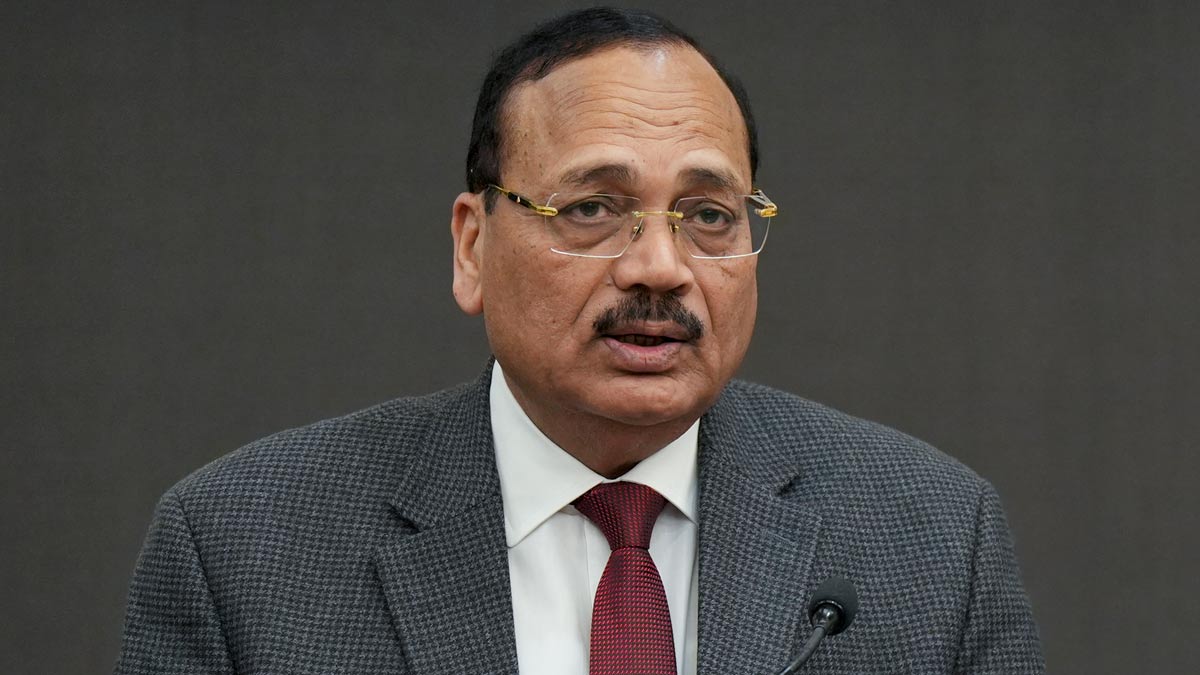Justice Surya Kant: From Haryana’s fields to the Supreme Court’s helm

When Justice Surya Kant takes the oath as the 53rd Chief Justice of India on November 24, 2025, it will mark a journey that began in the modest lanes of Haryana’s Hisar and culminates at the highest seat of India’s judiciary.
Known for his rights-oriented yet institutionally balanced approach, Justice Kant’s elevation comes at a time when the Supreme Court stands at a crossroads, tasked with defending constitutional freedoms while restoring institutional trust.
A former advocate who rose through the ranks of the Punjab and Haryana High Court, Justice Kant has long been recognised for combining empathy with pragmatism.
Born on February 10, 1962, in Hisar district, Haryana, he graduated from Government College, Hisar, and earned his law degree from Maharshi Dayanand University, Rohtak. He began his practice at the Punjab and Haryana High Court in 1984. His appointment as Advocate General of Haryana in 2000 was followed by his elevation as a judge of the Punjab and Haryana High Court in 2004.
Over the next two decades, Justice Kant’s judicial record reflected both compassion for citizens’ rights and respect for systemic stability. His judgments—whether on sedition, environmental accountability, or electoral transparency—consistently showcased a careful balance between liberty and order.
A reform-minded judge
Justice Kant’s tenure in the Supreme Court has been marked by a series of influential rulings. Perhaps most notably, he was part of the historic bench that put the colonial-era sedition law (Section 124A of the Indian Penal Code) on hold in 2022, observing that its continued enforcement had a chilling effect on free speech.
He has also shown deep concern for transparency in governance and electoral processes. In cases concerning the right to information, electoral funding, and clean elections, Justice Kant has leaned towards greater disclosure and accountability, without crossing into the domain of policymaking. At the same time, Justice Kant has resisted the populist urge for judicial overreach.
Leadership expectations: Reform and access to justice
Justice Kant will have a tenure of around 14 months, until February 10, 2027. Though relatively short, it comes at a critical juncture. The Supreme Court, under his stewardship, is expected to focus on two broad themes— improving access to justice and strengthening institutional integrity.
He inherits a docket overflowing with constitutional and social justice issues—from the continuing challenges of judicial vacancies and pendency to matters of electoral reforms and personal liberty.
As chairperson of the National Legal Services Authority (NALSA), Justice Kant has been a strong advocate for making the justice delivery system more inclusive. Under his guidance, NALSA expanded legal aid outreach programmes and experimented with technology-driven grievance redressal mechanisms.
Balancing rights and responsibility
Colleagues and lawyers often describe Justice Kant as courteous yet firm, combining the moral clarity of a rights judge with the administrative acumen of an institution-builder. His courtroom manner is notably calm, allowing extensive arguments while keeping proceedings focused. Unlike some of his contemporaries, he rarely raises his voice, preferring persuasion to reprimand.
This temperament could prove crucial in steering a collegium system that has been under scrutiny for the lack of transparency. Justice Kant is expected to take forward the ongoing conversation on institutional reforms, especially regarding judicial appointments, diversity in the bench, and greater accountability in the administration of justice.
Legacy in the making
If his previous record is any indication, Justice Surya Kant’s CJI tenure is likely to emphasise humility in power and humanity in law. His rise from Haryana’s hinterland to the Supreme Court’s highest chair embodies not only personal perseverance but also the democratic promise that talent and integrity can still chart a path to the top.
In the coming year, as he presides over some of the most consequential constitutional questions of our time, the new Chief Justice will be judged not merely by his rulings but by his ability to restore faith in the judiciary as the ultimate guardian of rights and justice.
India